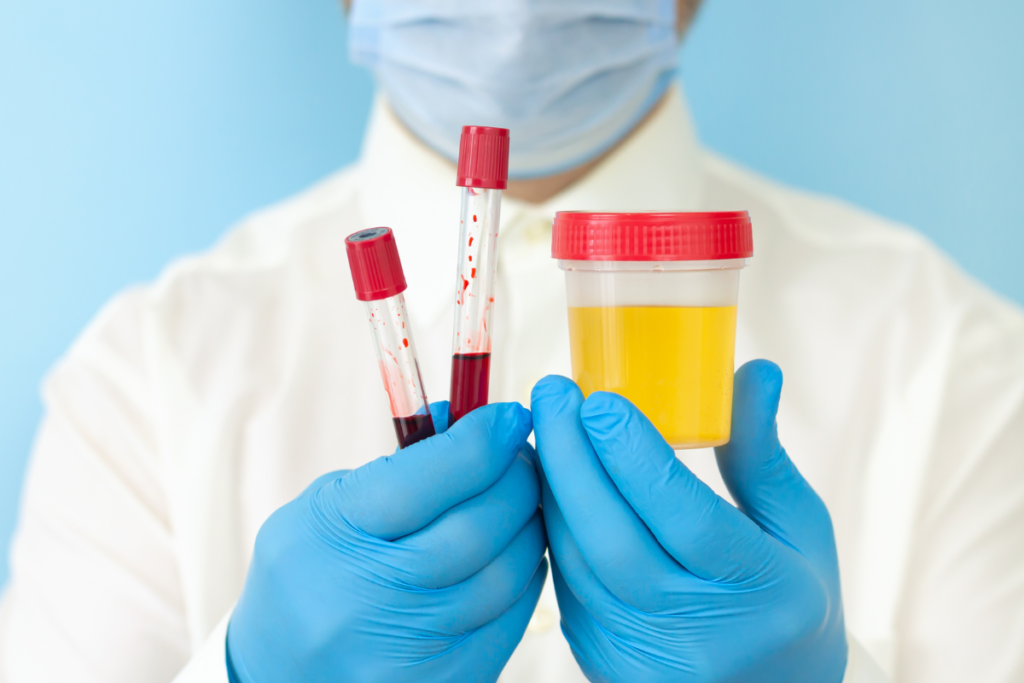Glomerulonephritis is a disorder that results in inflammation of the kidneys’ glomeruli, which are microscopic filtering units. Kidney disease may result from the kidneys’ inability to remove waste and fluids from the blood due to this inflammation. It can appear abruptly (acute) or gradually over time (chronic). This article will describe glomerulonephritis’s causes, signs, and available treatments. It will also discuss how to manage the illness to avoid permanent kidney damage.
What is Glomerulonephritis?
The inflammation of the glomeruli, which filter waste and excess fluids from the blood into the urine, is known as glomerulonephritis. Kidney failure may result from the accumulation of waste materials and fluids in the body caused by damage to the glomeruli.
Causes and Risk Factors:
● Infections: Viral infections like hepatitis B, hepatitis C, or streptococcal infections can trigger glomerulonephritis.
● Autoimmune Diseases: The immune system may target the kidneys as a result of conditions like lupus or Goodpasture syndrome.
● Genetic Factors: Some types of glomerulonephritis, such as Alport syndrome, are inherited.
● High Blood Pressure: Chronic hypertension can damage the glomeruli over time.
Symptoms of Glomerulonephritis:
● Blood in the urine (hematuria).
● Foamy urine due to excess protein (proteinuria).
● Swelling in the face, legs, or abdomen.
● High blood pressure.
●Fatigue and shortness of breath.
Diagnosis and Treatment:
● Urine tests: To test for protein and blood in the urine.
● Blood tests: To assess kidney function (creatinine levels) and the presence of antibodies.
● Kidney biopsy: To determine the cause of glomerulonephritis and confirm the diagnosis.
Treatment includes:
● Medications: Steroids or immunosuppressive drugs to reduce inflammation, blood pressure medications, and diuretics to manage swelling.
● Plasmapheresis: Plasmapheresis is a technique used in extreme situations to eliminate dangerous antibodies from the blood.
● Dialysis: In advanced stages of kidney failure, dialysis may be necessary.
FAQs
Can glomerulonephritis be cured?
What happens if glomerulonephritis is left untreated?
Can glomerulonephritis affect both kidneys?
Disclaimer:
This information is for educational purposes and should not replace professional medical advice. Always consult your healthcare provider for personalised recommendations.
How HealthPil Can Help:
HealthPil connects you with nephrologists who can diagnose and treat glomerulonephritis effectively. Schedule a consultation today!

